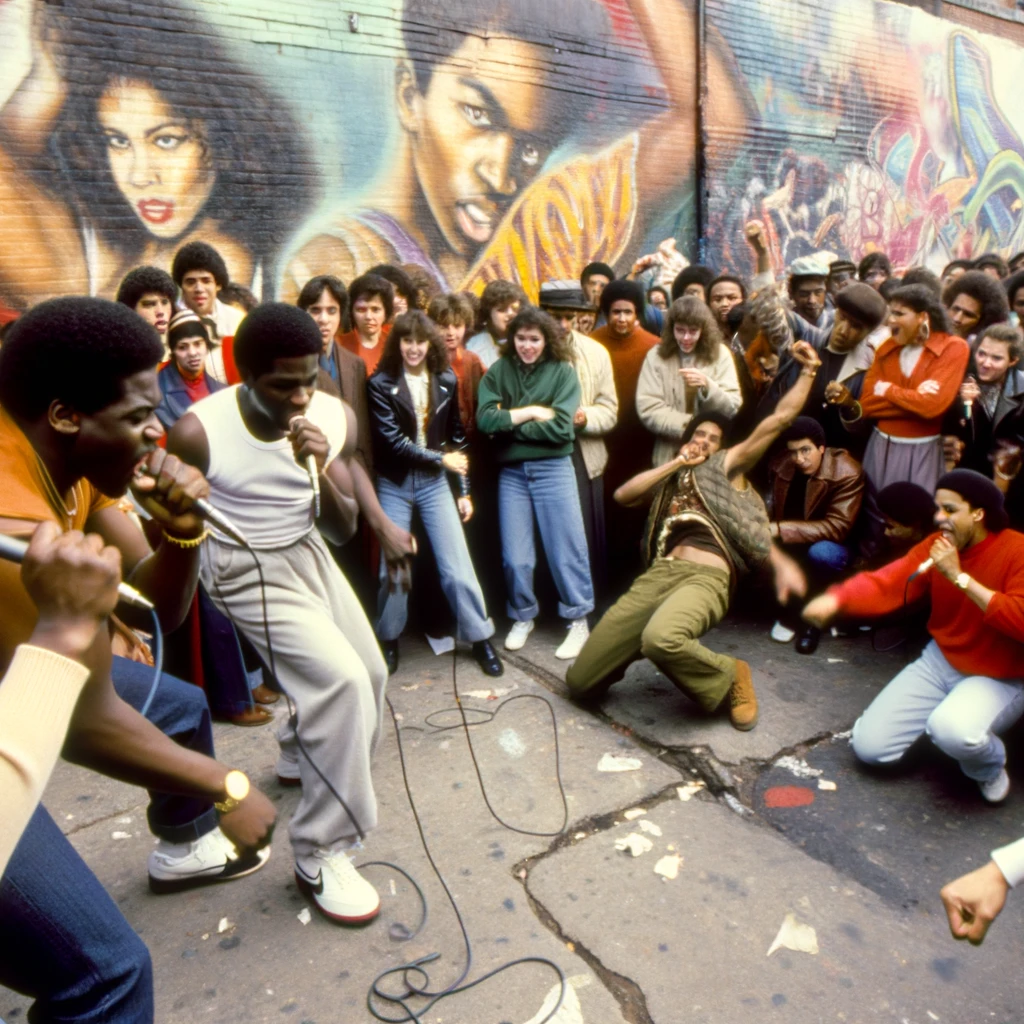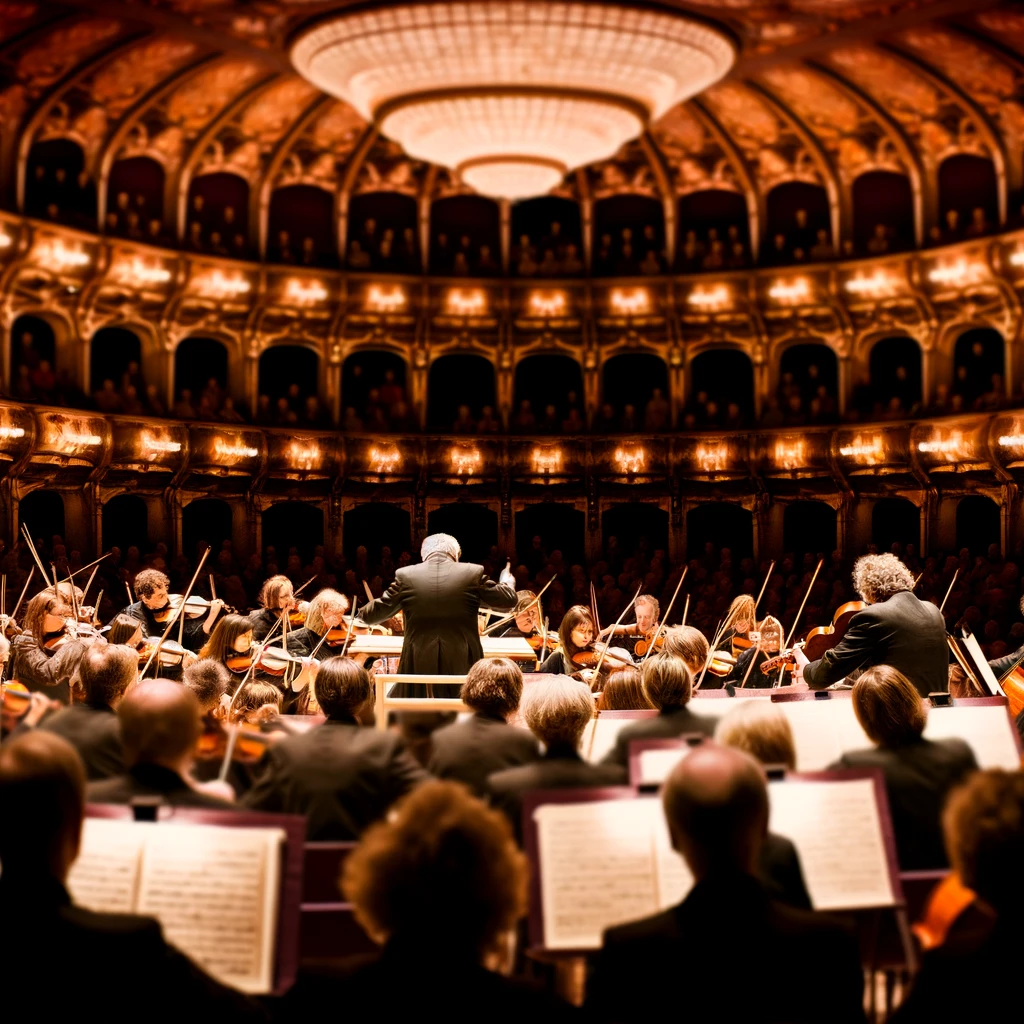Related Articles











Christmas carols are more than just songs; they are a cherished part of our holiday traditions, evoking nostalgia and joy as they fill the air with melodious tunes. These songs have been a central part of celebrations for centuries, enchanting people with their harmonious blend of music and festivity. But what gives Christmas carols their timeless appeal?
The history of Christmas carols dates back to ancient times, with roots in early Christian traditions. Initially, carols were not exclusive to Christmas and were often sung at various festivals throughout the year. The word 'carol' itself is derived from the French word 'carole', which means a circle dance accompanied by singing. As Christianity spread, these songs gradually became associated with the Christmas season.
During the Middle Ages, Christmas carols began to take the form we recognize today. By the 12th century, they had become a staple of Christmas festivities in Europe. The tradition of singing carols continued to evolve, with notable contributions from composers such as John Francis Wade, who penned the classic 'Adeste Fideles', known in English as 'O Come, All Ye Faithful'.
Christmas carols hold a special place in the hearts of many because they transcend mere musicality to become vessels of cultural and spiritual expression. They encapsulate themes of hope, peace, and joy, resonating deeply with listeners. Whether sung in grand cathedrals or around a family hearth, these carols bring communities together, fostering a shared sense of joy and celebration.
Today, the tradition of singing Christmas carols continues to thrive worldwide. While the settings may have evolved, from street corners to concert halls, the essence of caroling remains unchanged. Modern renditions often incorporate diverse musical styles, yet the fundamental themes remain intact, bridging the gap between past and present.
The emotional power of Christmas carols cannot be understated. Their ability to evoke nostalgia and warmth is unparalleled. For many, these songs are intertwined with cherished memories of family gatherings, festive celebrations, and the magic of the holiday season. This emotional connection is a key reason why carols have endured through the ages.
In conclusion, the timeless appeal of Christmas carols lies in their rich history, cultural significance, and emotional resonance. They are more than just a soundtrack to the season; they are an integral part of the holiday spirit. As we gather around to sing these beloved tunes, we carry forward a tradition that has brought joy to countless generations. Whether through traditional hymns or modern interpretations, Christmas carols continue to enchant and unite us, embodying the true spirit of the season.